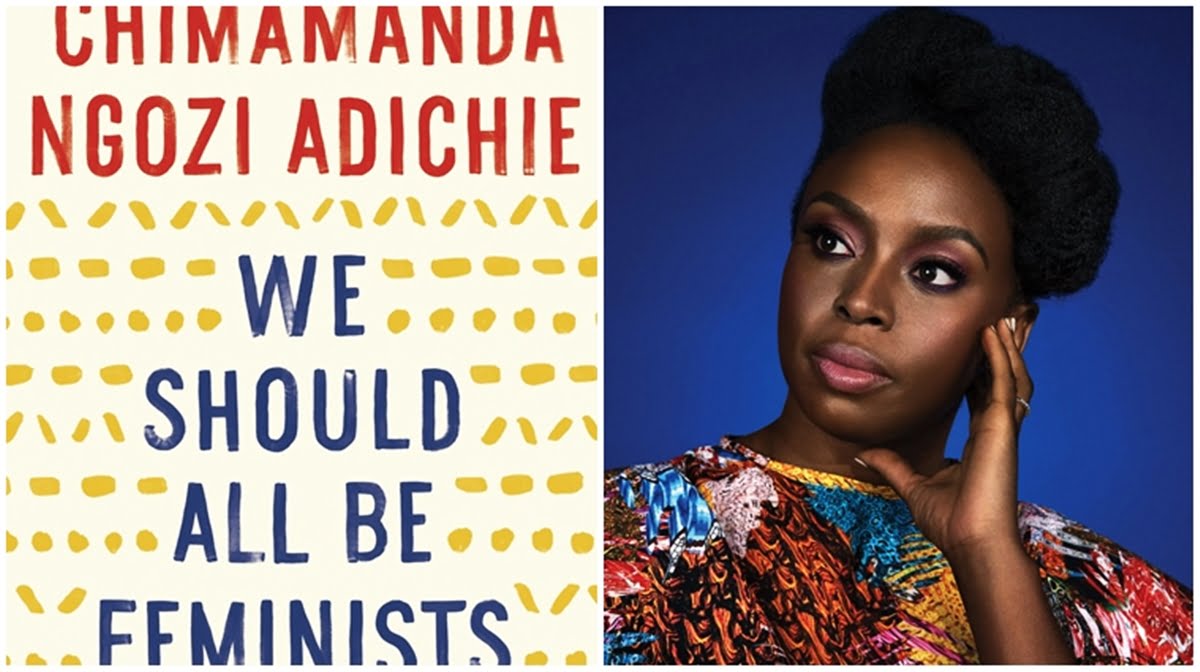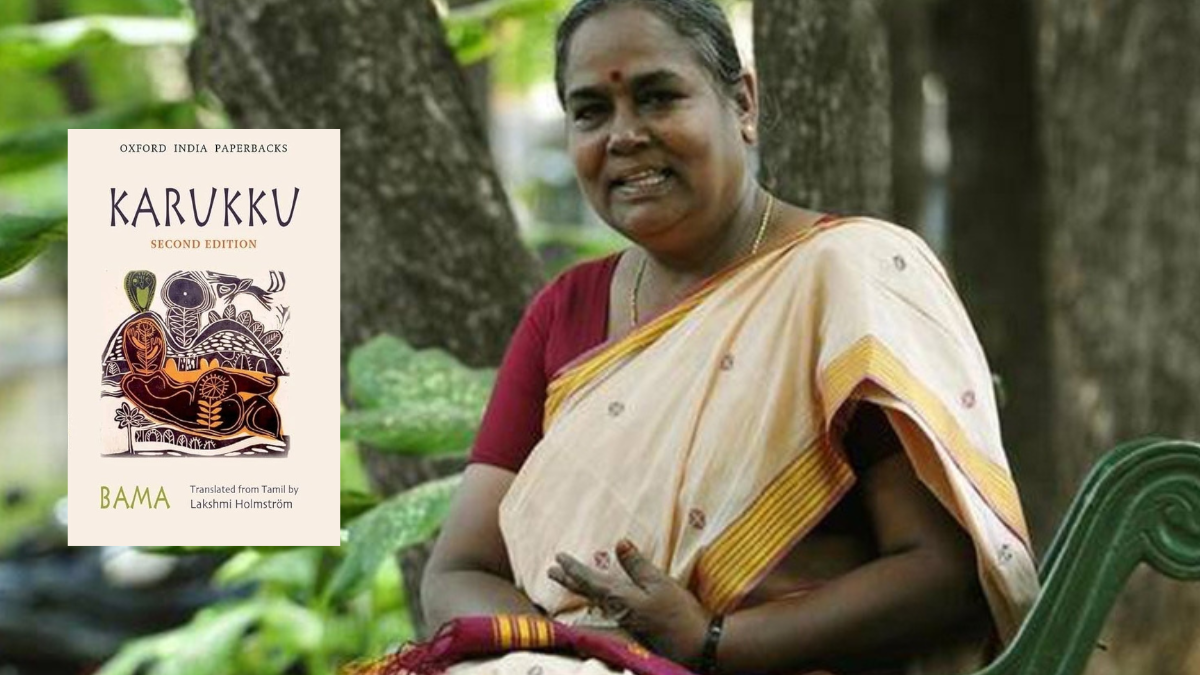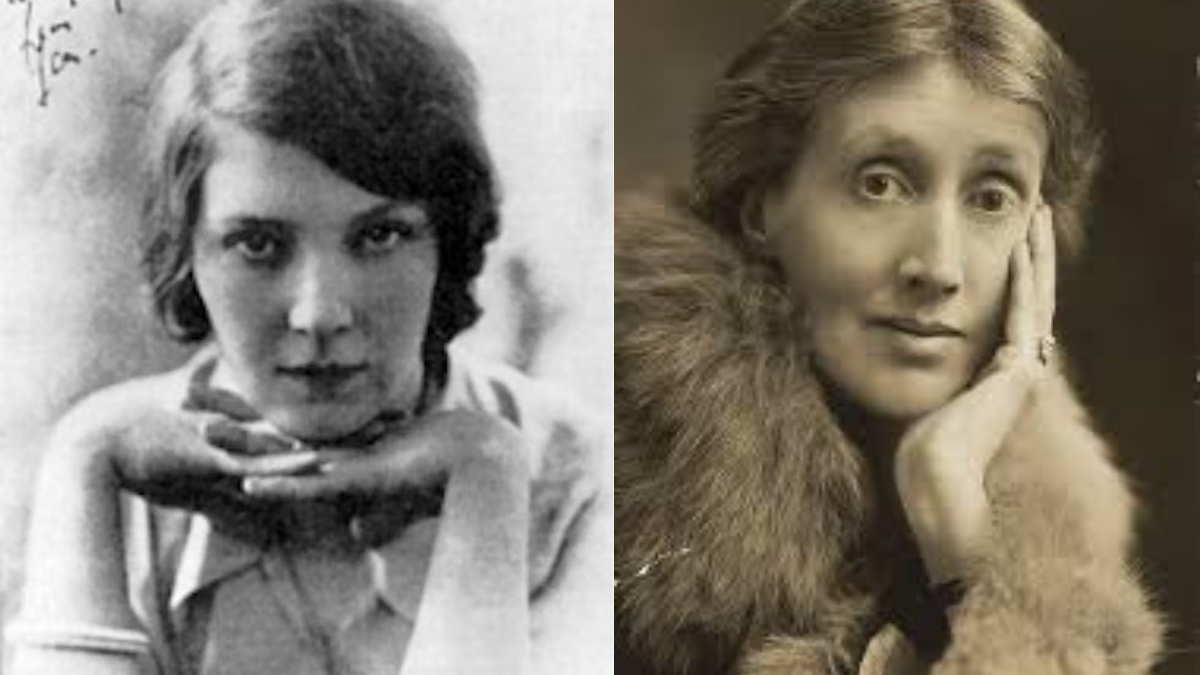Editor’s note on 21.12.2020: The FII team acknowledges the criticism Chimamanda Ngozi Adichie has received for being transphobic. We do not condone any such sentiment and will curate her work more strictly in future.
It is absolutely normal to get overwhelmed with the idea of feminism and everything it encompasses. Given how the Internet is a volcano of information (both authentic and inauthentic), one of the best ways, as a patient beginner on the journey towards understanding feminism, is reading. And, Nigerian feminist writer Chimamanda Ngozi Adichie’s work ‘We Should All Be Feminists’ is my recommendation for a foundational understanding of feminism.
A Brief Summary
The book ‘We Should All Be Feminists’ can be read as a primer to understand feminism. While the author shares her experiences of facing gender-based discrimination and those of her friends and family in Nigeria, the issues presented in the book are still universal in the sense, people across the world can relate to them. The two aspects of the books that I have critically focused on in this review are: the stereotypical idea of feminism and the word feminist; and the process of normalisation. Other issues discussed by the author are: invisibilization, pay gap, raising girls and boys differently, culture and gender.
An an essay on contemporary feminism, the 64-pages long book is a modified version of the author’s TedEx talk from December 2012 of the same name. Some of her other works include: Dear Ijeawele, or A Feminist Manifesto In Fifteen Suggestions (2017), Americanah (2013), and The Thing Around Your Neck (2009). She was awarded the MacArthur Award in 2008.
Also read: Your Essential Reading List to Understand The Feminist Movement Better
The Stereotypical Idea Of Feminism And The Word Feminist
In the book, Adichie openly and eloquently analyses how the idea of feminism and the word feminist are loaded with stereotypes. One of which is how feminism is often considered as western concept — an idea that tries to brainwash females to exert power over males. One has to understand that feminism is about the social, economic and political equality of the sexes. It demands an annihilation of the gender hierarchy and not women’s rule over men as is often misinterpreted. She expounds beautifully on the same.
Feminism demands an annihilation of the gender hierarchy and not women’s rule over men as is often misinterpreted. Chimamanda Ngozi Adichie expounds beautifully on the same.
Another aspect Chimamanda Ngozi Adichie focuses on in this personal essay is the usage of the term ‘feminism’. Some people oppose the idea of feminism by calling themselves ‘humanist’. To quote the author here, “Feminism is, of course, part of human rights in general – but to choose to use the vague expression human rights is to deny the specific and particular problem of gender”. The term feminism helps us to identify that for centuries, a specific group, i.e., women were being othered and oppressed. Quite similar to how the hashtag #AllLivesMatter in place of #BlackLivesMatter is a disservice to the cause of eradicating racial discrimination.
The word feminist invariably is weighed down with negative interpretations. Chimamanda Ngozi Adichie shared a incident when she was called a feminist in her childhood by her male best friend. “It was not a compliment. I could tell from his tone – the same tone with which a person would say, ‘You’re a supporter of terrorism.’” The assumption here is that, Adichie states, feminists are the women who hate men, the idea of marriage, their culture and jokes. Other assumptions include that feminists are always angry, they do not want children and they hate makeup.
The fact remains, however, that feminists question the patriarchal culture and rituals attached to marriage. Feminists believe in the freedom of choice – which can be extended to marriage, to have children or not, to wear makeup or not, etc. Feminists believe in the freedom of choice to get married or not, to have children or not, and to wear makeup or not. Adichie lives her principles and her story every day through the way she dresses up, carries herself and tells her stories.
And, for the jokes, I echo the author’s stand that if a joke is sexist and classist (and casteist), thrives on homophobia, then the person and the joke deserves to be called out.
The Process Of Normalisation
It is imperative to question how norms get constructed and what purpose do they serve. Norms are socially constructed to build apparent boundaries of what is acceptable and what is not, attempting to serve the purpose of patriarchal surveillance ensuring gender-specific roles and values are being upheld.
The author describes this process as, “If we do something over and over again, it becomes normal. If we see the same thing over and over again, it becomes normal.” If only we keep seeing men as breadwinners for the family and women’s paid work as only supplementary and merely an extension of her primary duty which is to take care of children and household chores, it gets naturalised. Norms are not set in a day or two nor can they be undone in as many days. Adichie observes that normalisation is an ongoing result of a long process. They overpower us when we try to break out of them every single day. There is a need to evolve new norms to break the stereotypical gendered norms.
She encourages us to dream of a world that is just and that has men and women who are happier because they are true to themselves.
Also read: Chimamanda Ngozi Adichie And Her Feminist Activism Through Storytelling
Chimamanda Ngozi Adichie’s feminism, that of letting the other be the way the want to and not fit into certain molds or check certain categories reflects throughout her personal essay. She encourages us to dream of a world that is just and that has men and women who are happier because they are true to themselves. And she insists that for this to happen, the narrative should shift from raising the daughters differently to raising both the sons and daughters differently.
The easy and smooth language employed to narrate the author’s personal experiences makes it one of the fundamental reads for understanding feminism. With the ongoing discourse, misconceptions, and stereotypes about feminism and feminists, it becomes crucial to keep oneself updated with the nuances of the concept and grabbing a copy of ‘We Should All Be Feminists’ is a good place to start.
Swati is a final year student of M.A. Education (Early Childhood Care and Education), School of Education Studies, Ambedkar University Delhi. Her research interest is understanding gender issues in education. She can be found on Twitter, Instagram and Facebook.
About the author(s)
Swati Shukla is a postgraduate in Education with a specialization in Early Childhood Care and Education, from the School of Education Studies, Ambedkar University Delhi. Her research interest is understanding gender issues in education.




